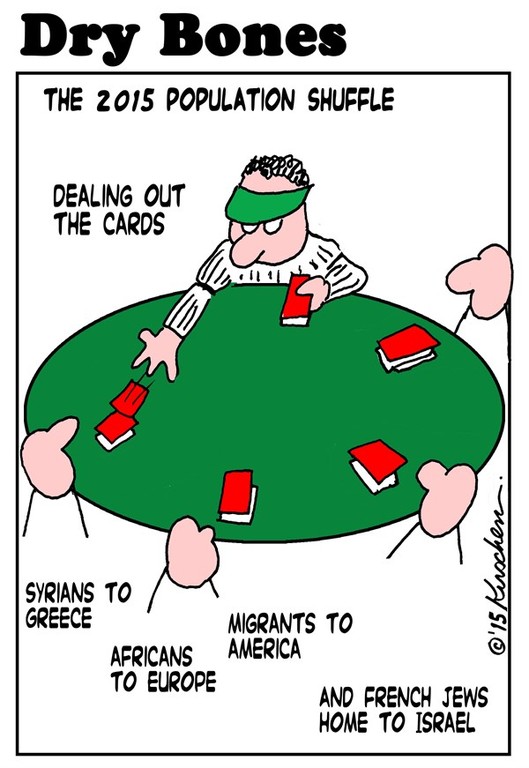Bored Europe passes on deal debate
By Alina Dain Sharon and Sean Savage
The Iran nuclear deal has dominated the foreign policy debate in the U.S. this summer, with Congress in the midst of a 60-day period to review the agreement. But America is just one piece of the puzzle when it comes to the accord reached in July between Iran and the P5+1 world powers. Below, JNS.org examines how the Iran deal is being considered within the Western European nations that participated in the nuclear negotiations, and how Europe’s Jewish community has reacted to the pact.
United Kingdom
Tom Wilson, a resident associate fellow at the Henry Jackson Society think tank in the U.K., told JNS.org that “unlike in the U.S. Congress, Britain’s parliament has really neglected to debate the agreement robustly.”
“With the exception of a few lone voices, British parliamentarians have simply ignored this issue,” he said.
Wilson explained that political conservatives in the U.K. can be divided among those who are similar in their views to American conservatives and tend to oppose the deal, and those who are politically isolationist. The isolationists, from economic and pragmatic perspectives, tend to oppose military intervention and support a diplomatic relationship with Iran.
Prime Minister David Cameron, leader of the Conservative Party, does not fit perfectly into either of those categories due to his vocal opposition to radical Islam and support for intervention in Syria on the one hand, and his support of the Iran deal on the other hand. In addition to those who support the deal on the political left, the British far-left boasts some members who strongly oppose military intervention as a solution to Iran’s nuclear issue and therefore support the deal. Some center-left figures also oppose the agreement.
Meanwhile, the British media has had a mixed reaction to the nuclear deal, with various newspapers publishing articles that either praised, expressed some caution, or strongly opposed the agreement, according to an analysis by The Guardian.

 48.0°,
Light Rain
48.0°,
Light Rain 




